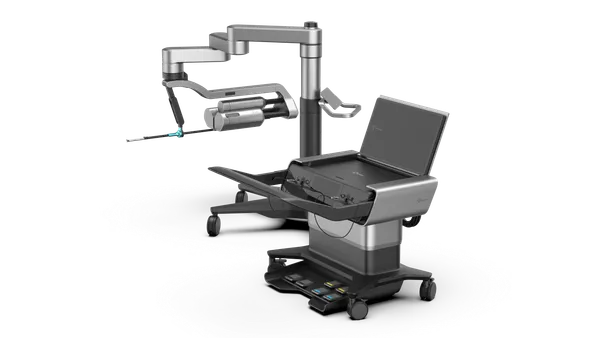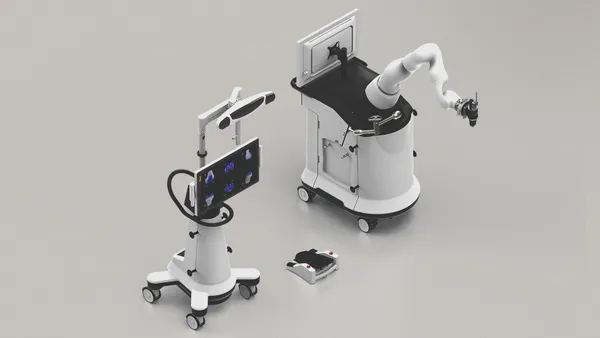Dive Brief:
-
A survey commissioned ahead of the finalization of CMS rules on transcatheter aortic valve replacement found most Americans think it is important to expand access to the procedure to rural communities. The poll was issued by the Alliance for Aging Research, a nonprofit that also gets funding from medtech heavyweights.
-
CMS proposed to slightly loosen the volume-based restrictions that effectively stop rural hospitals from offering TAVR in March but that draft position would still concentrate access to the procedure at large city healthcare facilities. The agency is expected to finalize its rules by the end of June.
-
The call for CMS to further loosen its restrictions coincided with a transcatheter valve meeting where Abbott, Boston Scientific, Edwards Lifesciences and Medtronic provided updates on their development activities.
Dive Insight:
In the seven years since CMS' national coverage determination for TAVR came into force, some groups have pushed back against the restrictions. However, with a panel of experts unable to rule out that volume-based restrictions improve patient outcomes, CMS proposed to retain limits on which sites can perform TAVR when it published a draft policy in March.
The proposed CMS rules lower the bar hospitals need to clear to start performing TAVR but require them to perform more procedures to remain eligible to offer the treatment to patients. Jefferies analysts predicted the changes would enable more sites to offer TAVR but some groups are pushing for even bigger changes.
To support its argument that all Medicare beneficiaries should have easy access to TAVR, the Alliance for Aging Research commissioned Morning Consult to survey around 2,000 registered voters in the U.S., plus 500 seniors living in rural areas.
The survey found 69% of Americans think it is important to expand access to TAVR to rural areas. Among seniors in rural areas, support for that proposition rose to 81%. Around 90% of people polled said they would likely to choose TAVR over surgical aortic valve replacement, the open heart surgery that was the preferred option for replacing diseased aortic valves prior to TAVR's emergence.
CMS’ restrictions could make it difficult for some people to access their preferred treatment. One-third of those polled in rural areas said they find it hard to access large city hospitals, citing reasons such as cost, travel distance and insurance coverage. Most people prefer to use local hospitals even if they can access larger, more distant healthcare facilities.
CMS posted the draft coverage policy in late March and it has 90 days to gather feedback and finalize the text.
The coverage decision CMS reaches will affect developers of TAVR devices. Many of them published updates at the Transcatheter Valve Therapies conference. Analysts at RBC Capital Markets shared details of the updates in a note to investors.
Abbott used the event to update attendees on the development of Portico, a device with a lower profile than products already on the market. The RBC analysts expect Abbott to file for FDA approval soon, setting it up to receive authorization to sell the device in the first half of next year.
Trials sponsored by Abbott’s rivals are less far along. Boston Scientific has completed enrollment in trials that are pitting its Accurate neo against competing systems from Edwards and Medtronic, which are themselves recruiting patients for studies of their next-generation devices.
In the adjacent transcatheter mitral valve repair market, the number of companies competing for enrollees in clinical trials is slowing device development. The RBC analysts cited “increasing competition for patients as more devices for mitral repair and replacement enter clinical trials” to explain why they think it will take Medtronic two to three years to fully enroll its TMVR study.











